Greek Mythology
-
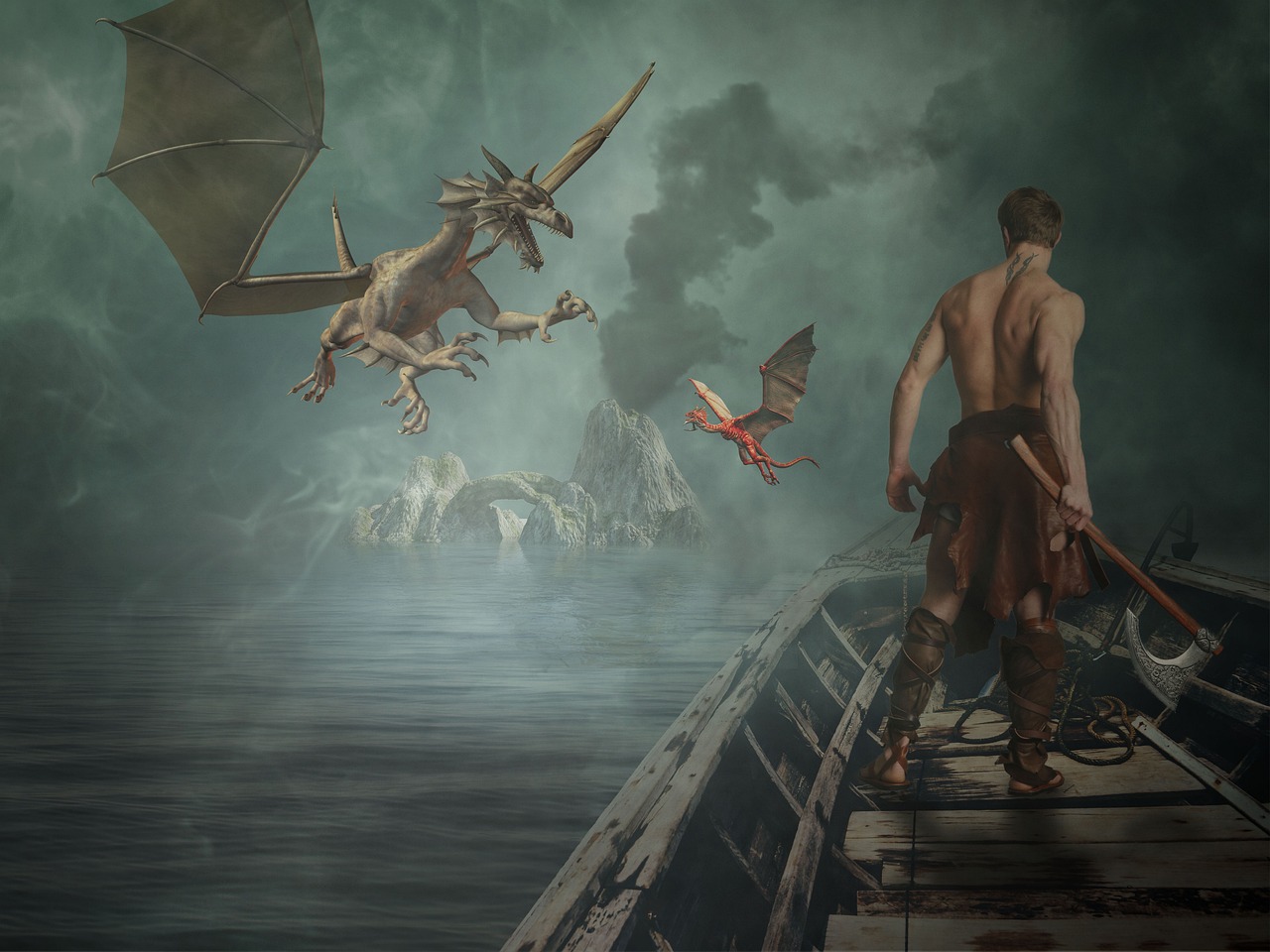
The legend of Jason and the Golden Fleece stands as one of the most enduring tales of heroism in Greek mythology. This narrative embodies themes of betrayal and retribution, ultimately leading to a tragic conclusion. It begins with Jason’s Uncle Pelias, who seizes the throne by murdering Jason’s father, the King of Iolkos. To protect…
-

Pandora: The First Woman of Greek Mythology In Greek mythology, Pandora is recognized as the very first mortal woman, sculpted from clay by divine forces. Prometheus, the Titan given the responsibility of creating mankind, grew discontent with the miserable existence the gods had decreed for humanity. In defiance, he stole fire from Olympus to enlighten…
-
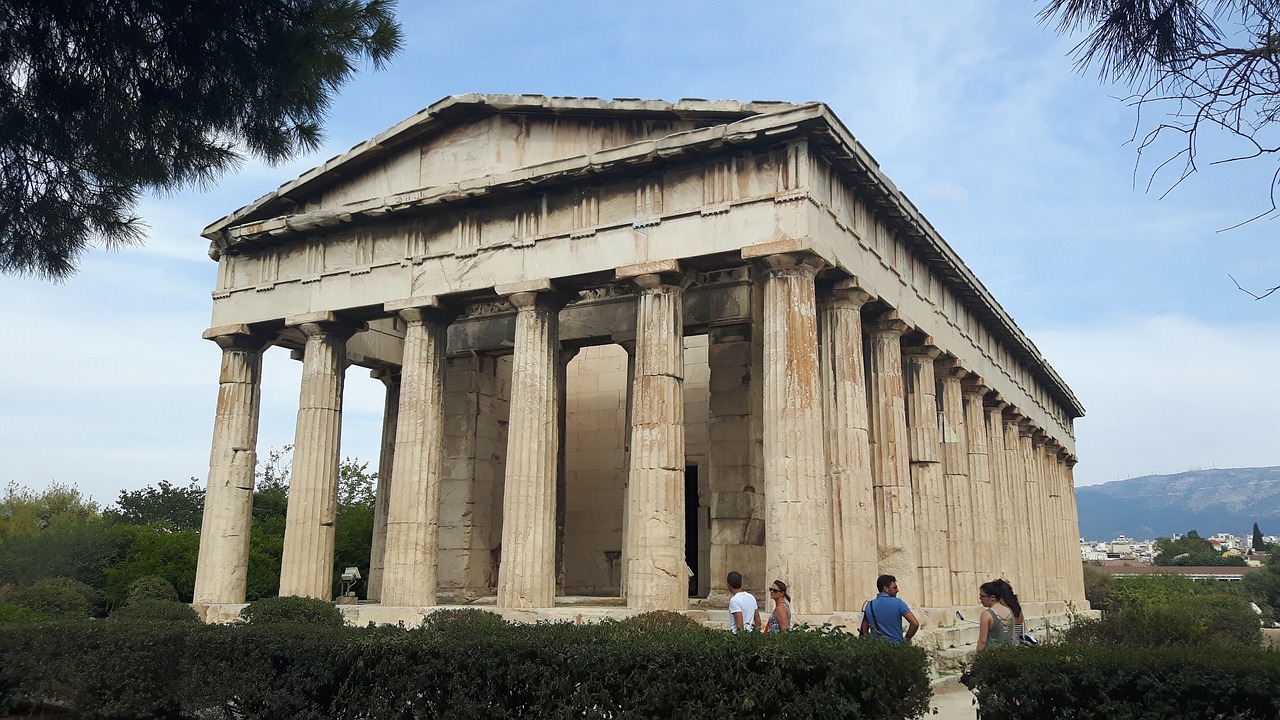
Hephaistos: The Divine Craftsman General Overview Hephaistos, revered in Greek mythology, embodies various aspects of craftsmanship. His divine roles encompass metalworking, fire, volcanism, stone masonry, carpentry, and sculpture. He serves as a patron to numerous professions, including smiths, metalworkers, builders, and sculptors. Symbols and Attributes Hephaistos is often depicted with symbols that represent his craft,…
-
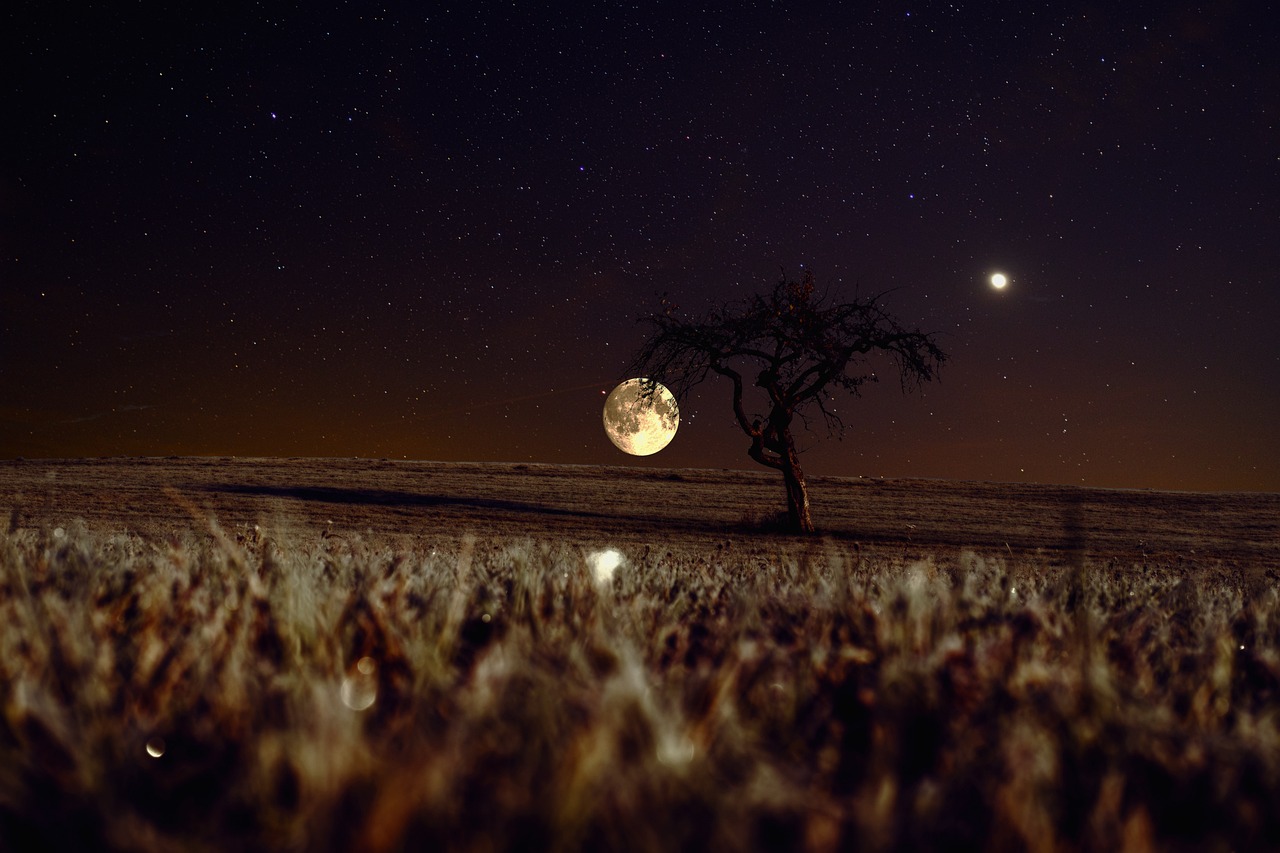
Venus, an ancient Italian deity linked to farmland and gardens, was later associated by Romans with Aphrodite, the Greek goddess of love. The famous marble statue, Venus de Milo, created around 150 BCE, is housed at the Louvre in Paris. Initial worship of Venus in Rome was virtually non-existent. Notably, the scholar Marcus Terentius Varro…
-
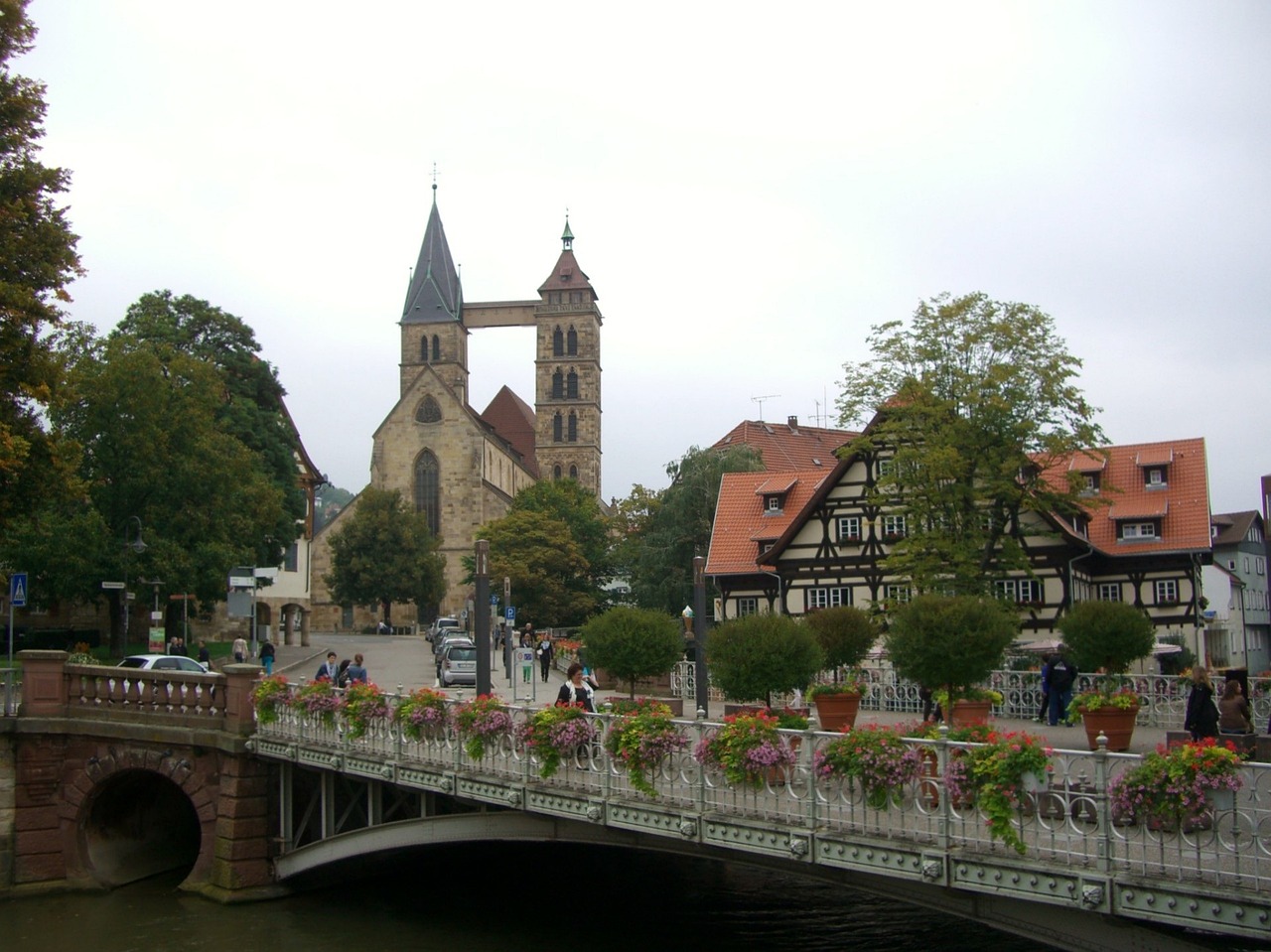
The festivities celebrating Dionysus were a vibrant aspect of ancient Greek culture, particularly for the inhabitants of Athens. These gatherings offered an escape from societal norms, allowing citizens—regardless of their social standing—to revel in ecstatic celebrations often centered around taboo indulgences. This article explores several key festivals dedicated to Dionysus, addressing the nature of these…
-

In the realm of Greek mythology, Pegasus stands out as the resplendent winged horse, an immortal creature born from the union of Poseidon and Medusa. Alongside his sibling Chrysaor, who bore a golden sword, Pegasus made his entrance into the world in a spectacular manner, emerging from the severed neck of his mother following Perseus’s…
-
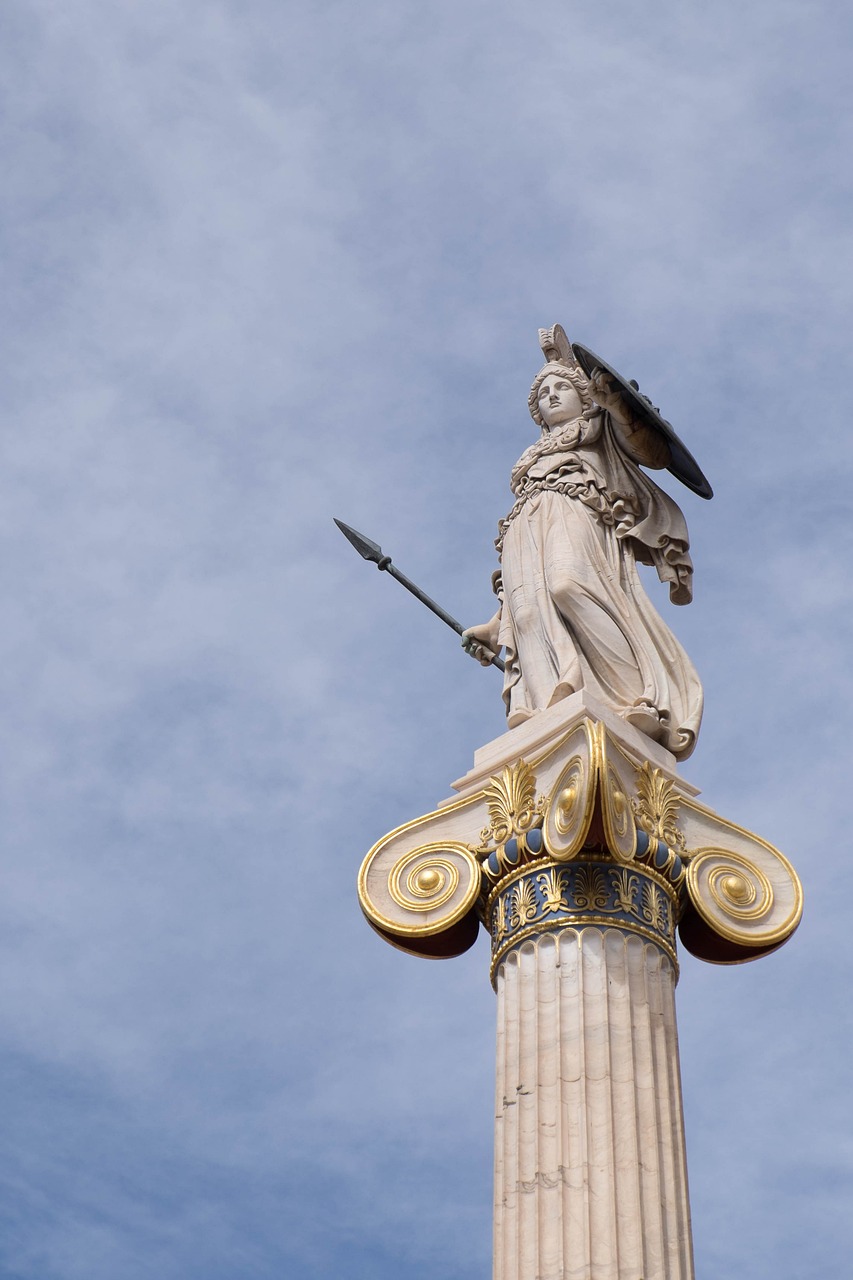
Greek mythology serves as a rich tapestry of narratives that delineate the lives of gods, heroes, and ancient rituals among the Greeks, carrying forward a legacy that has profoundly influenced Western civilization’s artistic and literary endeavors. Despite the inherent acknowledgment of their fictional elements, these myths were largely accepted as fact by the ancient Greeks,…
-
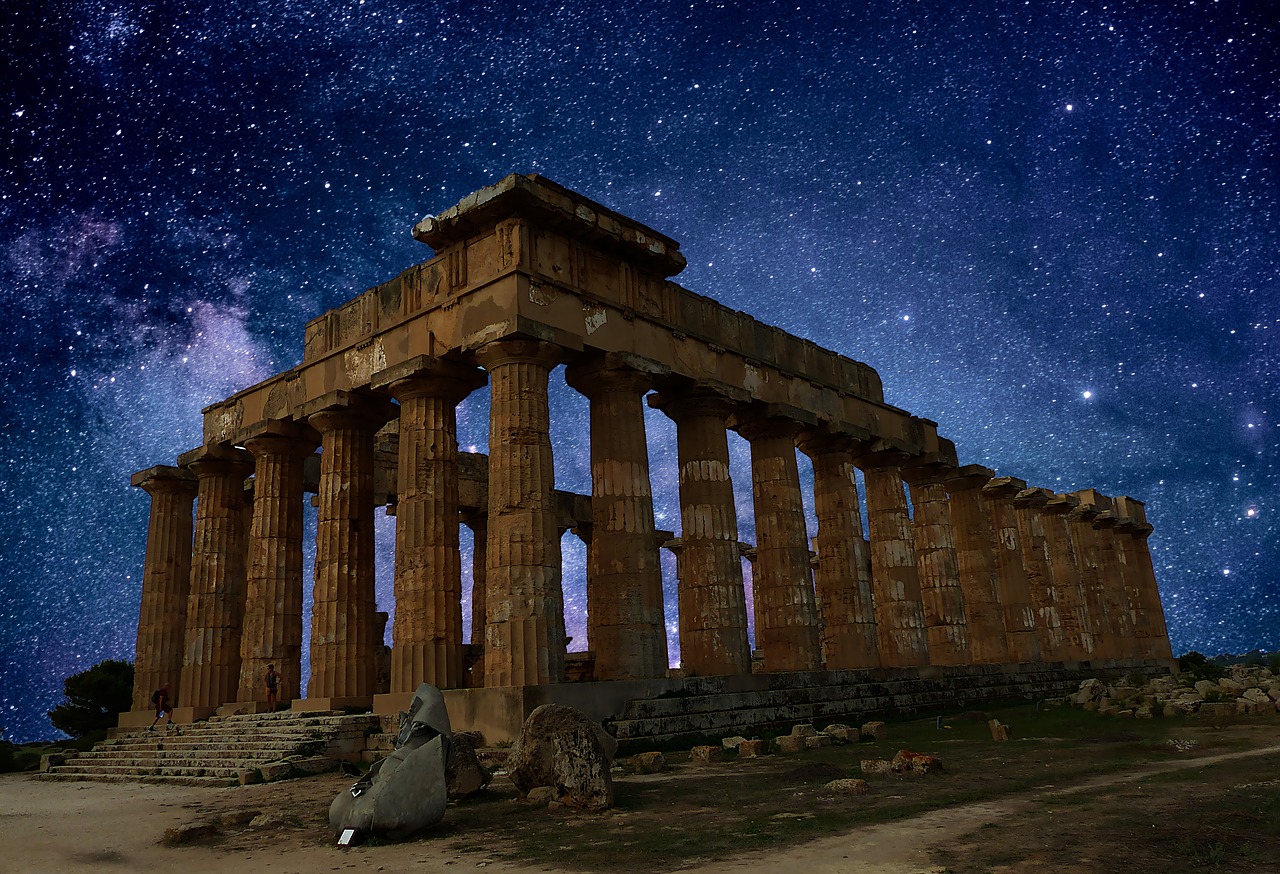
The tale of Eros and Psyche is regarded as one of the most enchanting love stories in Greek mythology. Eros, the son of Aphrodite, embodies profound erotic longing, shooting arrows to puncture hearts and incite love. Psyche, the epitome of beauty, symbolizes the human soul—purified from hardships and passions, prepared to embrace eternal joy. In…
-
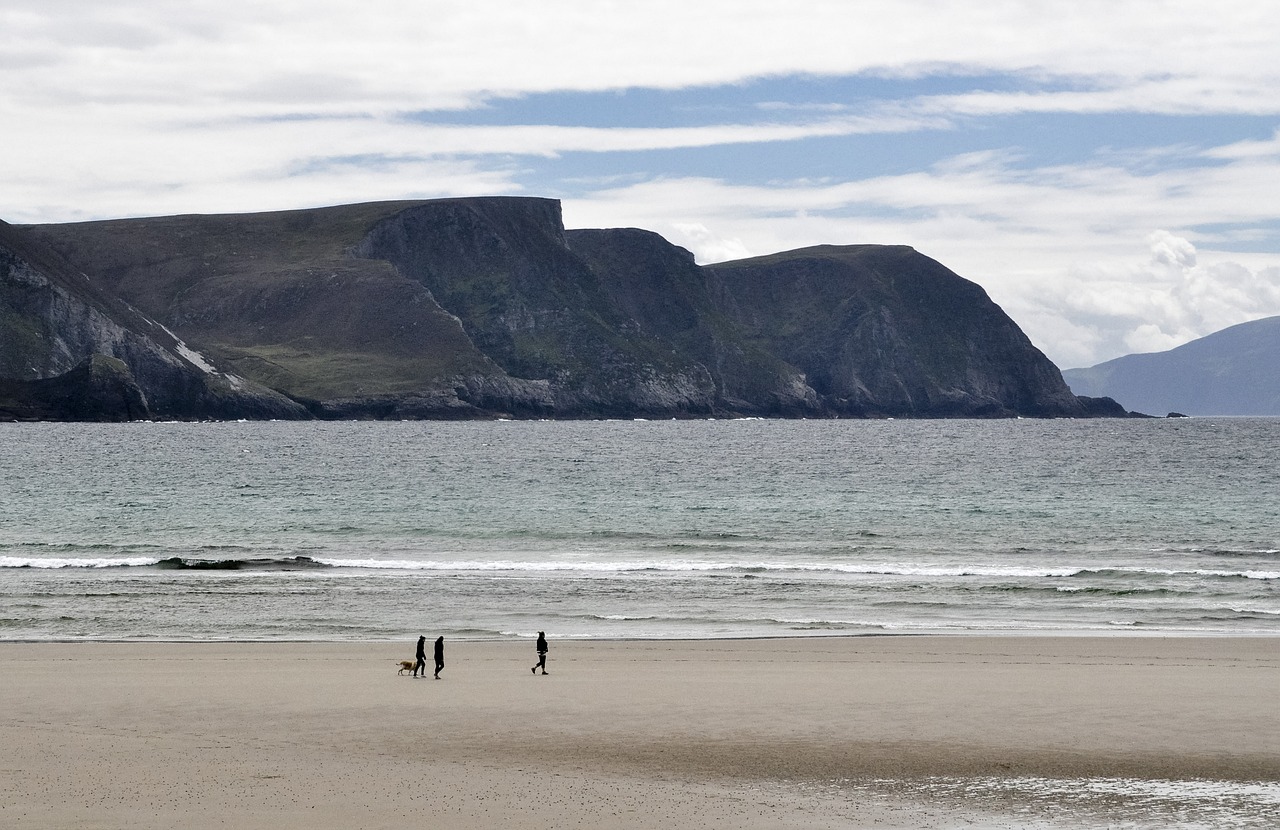
The perception of Achilles and Hector throughout history reveals a complex interplay of cultural values and narrative interpretations. The Greeks held both heroes in esteem, yet Achilles, known as the greatest among the Achaeans, garnered more admiration. Hector, a Trojan prince, was often viewed as a foreigner, leading to varying receptions in Roman culture, where…
-
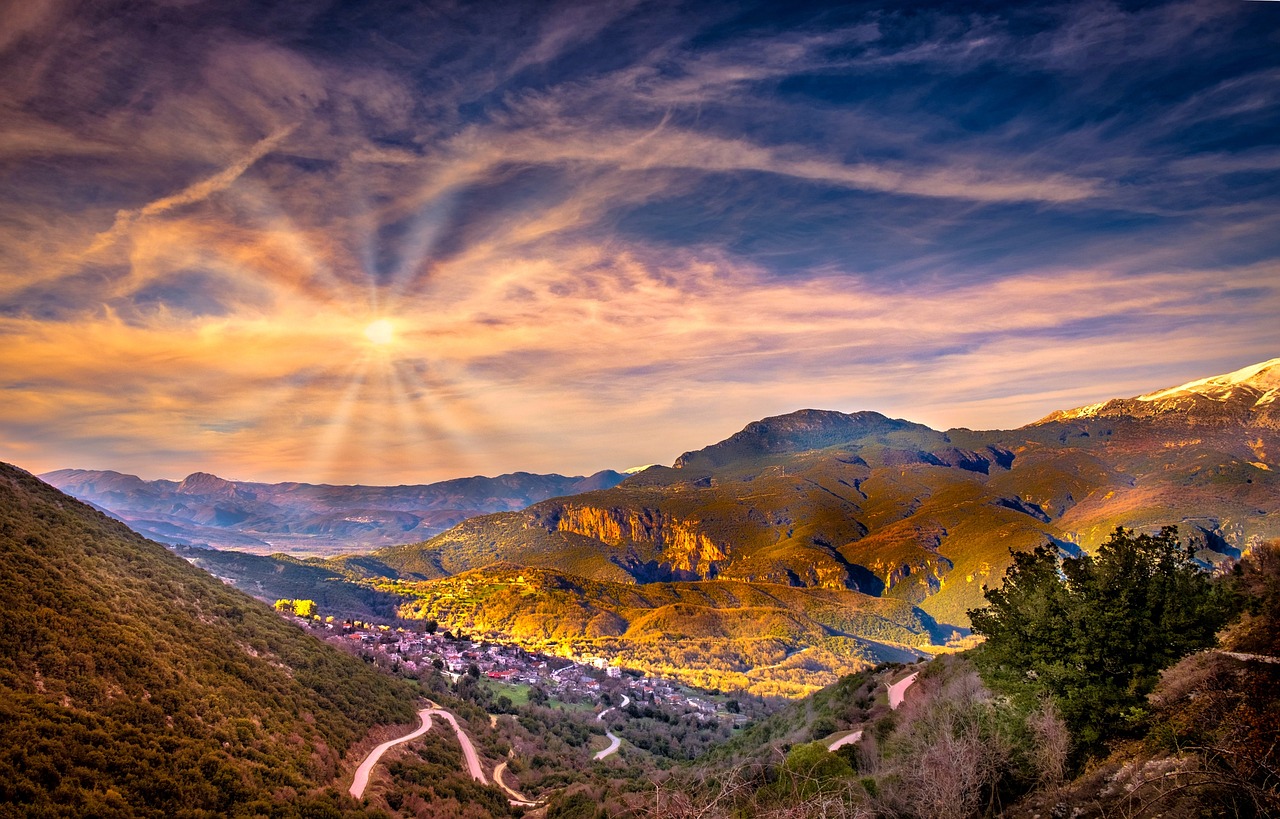
Greece is situated at the southernmost part of the Balkan Peninsula, extending southward into the surrounding seas, including the Aegean, Ionian, Mediterranean, and Thracian seas, along with an extensive archipelago comprising nearly 1,500 islands. Noteworthy islands such as Crete and Evia are the largest, while major island groups encompass the Argo-Saronic, Cyclades, Dodecanese, Ionian Islands,…


